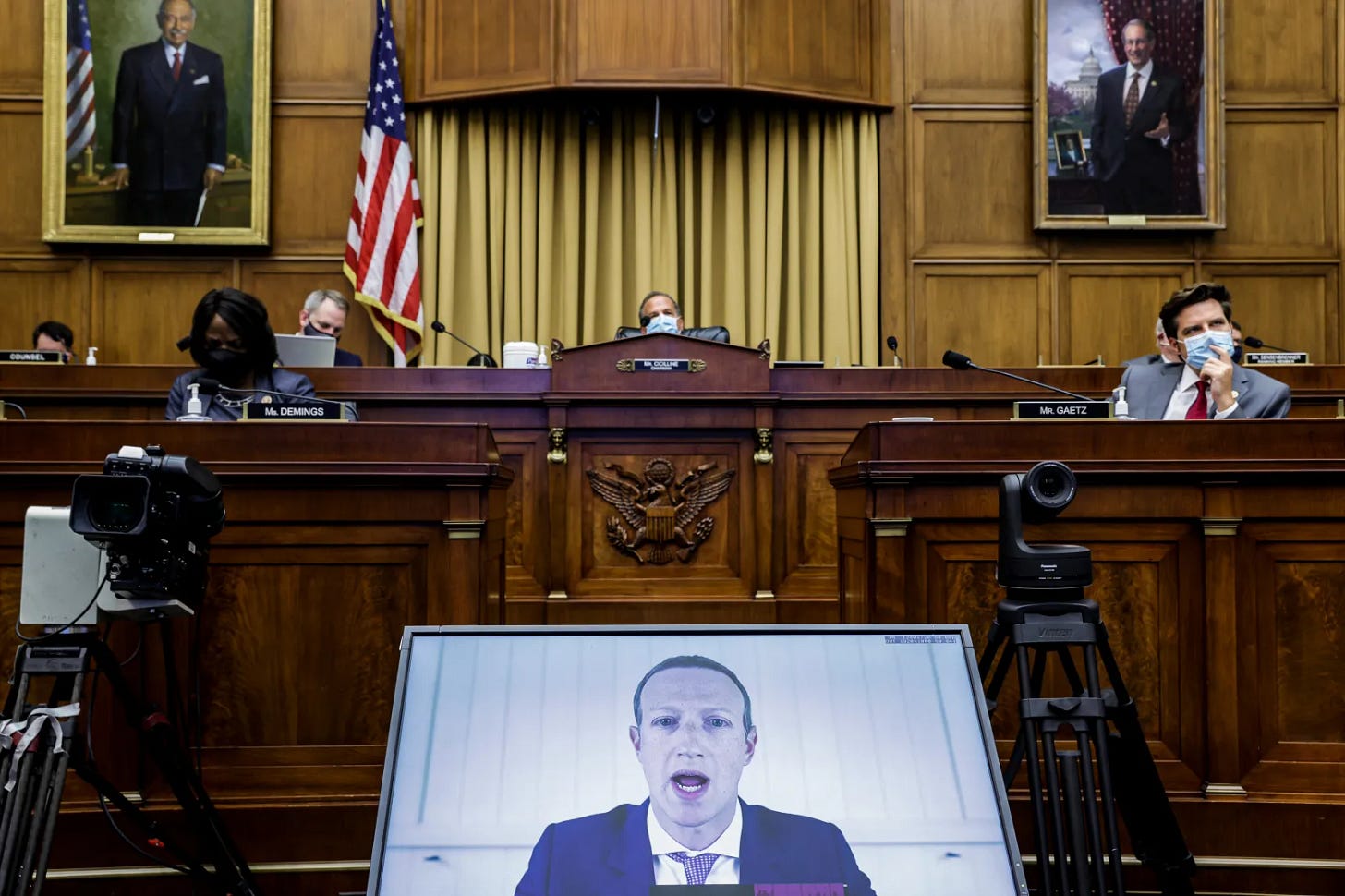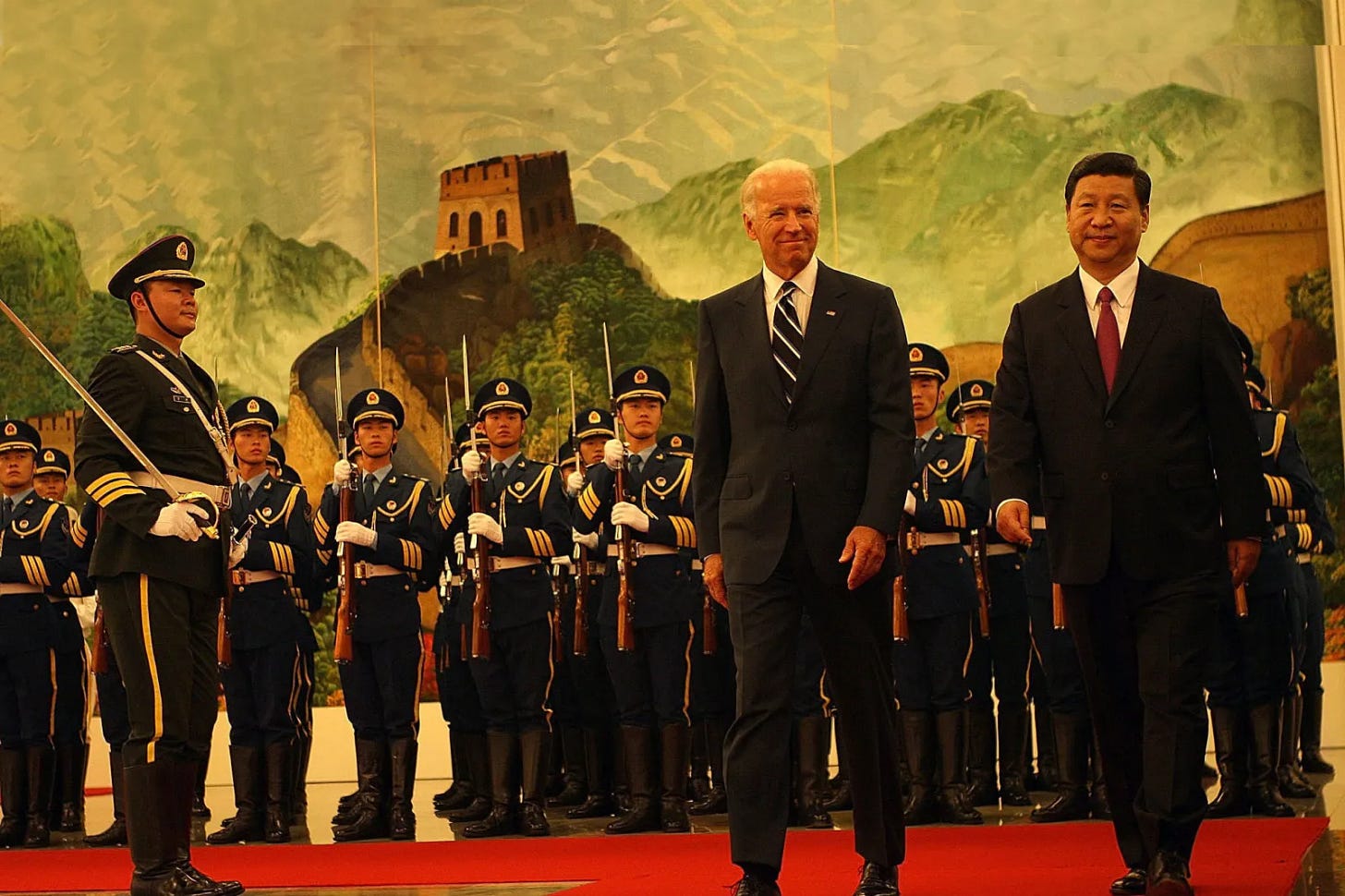Is it the Finnish?
Well yes it is. Politics is increasingly run as a competition between various ‘collective unconsciouses’. The left knows — just knows in its bones that nuclear is yukky. Why it killed hundreds of thousands in Hiroshima and Nagasaki? So it’s no-nukes for us. Pity it’s the safest form of power we have. Anyway, push is coming to shove and the Finnish Greens have jumped ship — away from their hearts and with their heads.
For a party that takes democracy very seriously, voting can take a long time. A few passionately anti-nuclear party members took the opportunity to speak out, hoping to convince the audience to delete each and every pro-nuclear proposal. Their arguments: nuclear is expensive, prone to accidents and terrorism, and its radioactive waste cannot be handled safely. We had heard and disputed these arguments a thousand times.
This time, however, the urgency of the moment seemed to overwhelm the opposition. One anti-nuclear member argued that it is too late to stop the climate crisis anyway, and since nuclear power cannot function during a crisis, we must not use it. This defeatist attitude shocked us; in the audience, several attendees began to laugh in disbelief. This was an incredible statement for a party that takes combating climate change as one of its major goals. The fight was over.
When at last it was time to vote by raising colored paper slips, all the proposals were accepted. Finland had a pro-nuclear Green Party.
Twitter suspends those seeking to hold it to account
In the beginning I would report some of the threats to Twitter; I gave up on that, however, after they dismissed a death threat I received from the XRP Army as not being in “violation of the Twitter Rules against abusive behavior:”
From the department of WOW!
Brad DeLong’s Slouching towards Utopia: the podcast
My friend and colleague Gene Tunny interviewed Brad DeLong about his new economic history of the ‘long 20th-century’ from 1870 when we really started escaping the Malthusian trap and living standards began steadily rising until the washup of the global financial crisis in 2010. Having read more than half the book I can strongly recommend it. Constantly interesting, and a lot of fun. I happen to find Brad’s ideological position congenial also. That is to say he’s a left neoliberal who, feels rather more jaundiced in hindsight about what neoliberalism became and where it led. That’s certainly where I came from and how I feel.


Francis Fukuyama proposes the middleware of democracy
Like I did back in 2014
Although there is an emerging consensus about the threat that the Big Tech companies pose to democracy, there is little agreement about how to respond. Some have argued that the government needs to break up Facebook and Google. Others have called for more stringent regulations to limit these companies’ exploitation of data. Without a clear way forward, many critics have defaulted to pressuring platforms to self-regulate, encouraging them to take down dangerous content and do a better job of curating the material carried on their sites. But few recognize that the political harms posed by the platforms are more serious than the economic ones. Fewer still have considered a practical way forward: taking away the platforms’ role as gatekeepers of content. This approach would entail inviting a new group of competitive “middleware” companies to enable users to choose how information is presented to them. And it would likely be more effective than a quixotic effort to break these companies up.
I couldn’t agree more eight years ago so why would I now. Welcome aboard Francis et al.
Trumpism as Maoism
Click on the tweet and read the thread: (HT: Sam Roggeveen)
James Rosen on political polarisation
Devastating article from two years ago, starting with an anecdote from ten years ago. (Even if its reform proposal would deal with about 10 percent of the problem):
I said: “If I may be permitted a point of personal privilege, Mr. Speaker, it seems to me that what’s happening right now with the debt ceiling would never have happened in the pre-Watergate period.”
Boehner cocked his head to one side, intrigued. “Prior to the death of the seniority system,” I explained, “junior lawmakers like Michelle Bachman or Jim DeMint”—two of Boehner’s most prominent and media-hungry tormentors in the GOP—“would never have been seen openly challenging their party leadership like we see now.”
Boehner fixed his gaze on me and said: “Welcome to the digital age.” His tone was acid.
“They created all this outta nuthin’,” he spat, hiking his thumb over his shoulder in a nod to the National Mall, recently the site of large, boisterous rallies by the Tea Party and Glenn Beck.
“Bachman…Bachman!” he snorted with contempt. “And DeMint! I used to know DeMint when I was on the [House] education committee!” The speaker relaxed, sat back, and concluded: “I know what I’m dealing with.” And then—less, I got the feeling, to reassure me than himself—he repeated: “I know what I’m dealing with.”
The Sen̓áḵw project
I hope I’m wrong and this isn’t the next naïve, well-intentioned, disaster for indigenes. Even if I do turn out to be wrong, with our history of disaster piled on disaster, can’t we be a little less bumptious about it all? I mean setting up high-rise, low-income housing with a focus on disadvantaged ethnicities — what could possibly go wrong?





From O’Reilly Next: Economy Newsletter:
In a move reminiscent of Paul Romer’s call for charter cities free from existing rules, where people can experiment with new ones, Vancouver’s Sen̓áḵw project(pronounced like “Snawk”) gives the Squamish Nation 11.7 acres in the middle of the city, exempt from local zoning laws. The plan is to address housing costs with the largest net-zero residential project in Canada—6,000 rental homes and 1,200 affordable homes built at a Hong Kong-like density (and with 90% fewer parking spots than currently required in Vancouver). In a recent post, Noah Smith says the project shows that “giving indigenous groups greater control over the land can work [for] the benefit of all—or at least, the benefit of most.” This is potentially a win-win-win, addressing housing needs, testing out an alternative to local zoning limits, and providing reparations to indigenous people.
When American Fascism and American Hegemony Collide…
My concern is that it’s the latest in a series of moves by world leaders—prodded by US leaders—to run foreign policies that respond to Cold War and civilizational narratives. That’s problem enough because of all the geopolitical risks and democracy-robbing policies entailed in battling demons abroad. But the greater problem is that Cold War-ish policies double down on a world that depends on the United States to be a hegemon.
If our world was one in which the United States retained an unquestionable primacy and was politically stable at home, the merits of betting on a US-led hegemonic order would be debatable. I’d be opposed to that too, but at least there would be a debate. But in a world where the United States has lost economic centrality in Asia to its nearest competitor and the United States is drifting toward fascism?
States that are performing a foreign policy befitting the unipolar moment while the United States is already a functional oligarchy and far right extremists roam and economic precarity is getting worse and the national security state is growing and the country’s other major party has basically given up on democracy? We’re setting the world up for failure. Something as innocuous as Canada spending its time trying to join IPEF is a reminder of how out of touch foriegn policies are across the Global North.
Kevin Rudd on managed strategic competition with China
A year and a half old, I found this piece by Kevin Rudd of interest:
Even amid escalating competition, however, there will be some room for cooperation in a number of critical areas. This occurred even between the United States and the Soviet Union at the height of the Cold War. It should certainly be possible now between the United States and China, when the stakes are not nearly as high. Aside from collaborating on climate change, the two countries could conduct bilateral nuclear arms control negotiations, including on mutual ratification of the Comprehensive Nuclear Test Ban Treaty, and work toward an agreement on acceptable military applications of artificial intelligence. They could cooperate on North Korean nuclear disarmament and on preventing Iran from acquiring nuclear weapons. They could undertake a series of confidence-building measures across the Indo-Pacific region, such as coordinated disaster-response and humanitarian missions. They could work together to improve global financial stability, especially by agreeing to reschedule the debts of developing countries hit hard by the pandemic. And they could jointly build a better system for distributing COVID-19 vaccines in the developing world.
There will be many who will criticize this approach as naive. Their responsibility, however, is to come up with something better. Both the United States and China are currently in search of a formula to manage their relationship for the dangerous decade ahead. The hard truth is that no relationship can ever be managed unless there is a basic agreement between the parties on the terms of that management.























Always fascinating NG - and quirky! Serious and yet - unusual. D'accord re that brilliant documentary on Tourette's - much respect to those young people and families! Sea falling (?) and Wolf Boy! And a pro-nuclear Greens Party - who'd have thought!